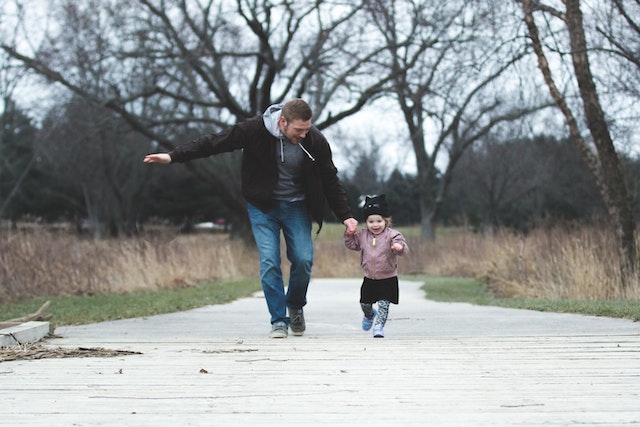Physical movement and play are essential components of a child’s development, helping them build motor skills, coordination, and overall physical health.
However, in recent years, there has been a decline in the motor abilities of children, including prekindergarten children.
Many factors contribute to this trend, including the increasing use of technology and sedentary lifestyles.
As parents, caregivers, and educators, it’s important to promote physical movement in young children to help them develop the skills they need to thrive.
Here are some practical tips for promoting physical movement in prekindergarten children:
Encourage outdoor play:
Outdoor play is an excellent way for children to get the physical exercise they need while exploring the world around them.
Encourage your child to play outdoors regularly, whether it’s in your backyard, a local park, or a nature trail.
Make physical activity fun:
Physical activity doesn’t have to be a chore. Find ways to make it fun, such as playing a game of tag, jumping rope, or dancing to their favorite music.
Provide opportunities for active play:
Provide opportunities for children to engage in active play, such as playing with balls, blocks, and other toys that promote physical movement.
Limit screen time:
Limit your child’s screen time to promote physical activity. Instead, encourage them to engage in other activities such as drawing, reading, or playing outdoors.
Incorporate movement into daily routines:
Incorporate physical movement into your child’s daily routine, such as taking a walk after dinner or playing a game of catch before bedtime.
Provide structured activities:
Enroll your child in structured activities such as dance classes or sports teams that promote physical activity.
Model healthy behavior:
Children learn by example, so model healthy behavior by engaging in physical activity yourself. Make it a family activity by going on hikes or bike rides together.
By promoting physical movement in prekindergarten children, we can help them build the motor skills, coordination, and physical health they need to thrive.
Encourage outdoor play, make physical activity fun, provide opportunities for active play, limit screen time, incorporate movement into daily routines, provide structured activities, and model healthy behavior to set your child up for success.
![]()











